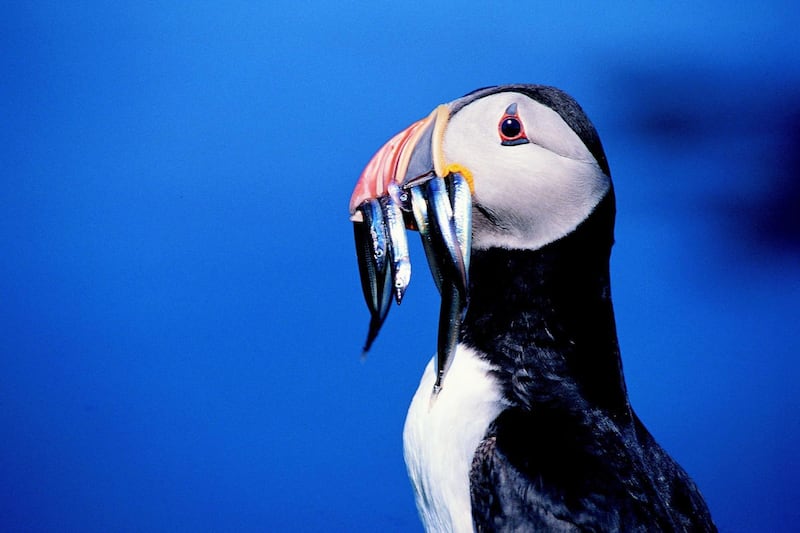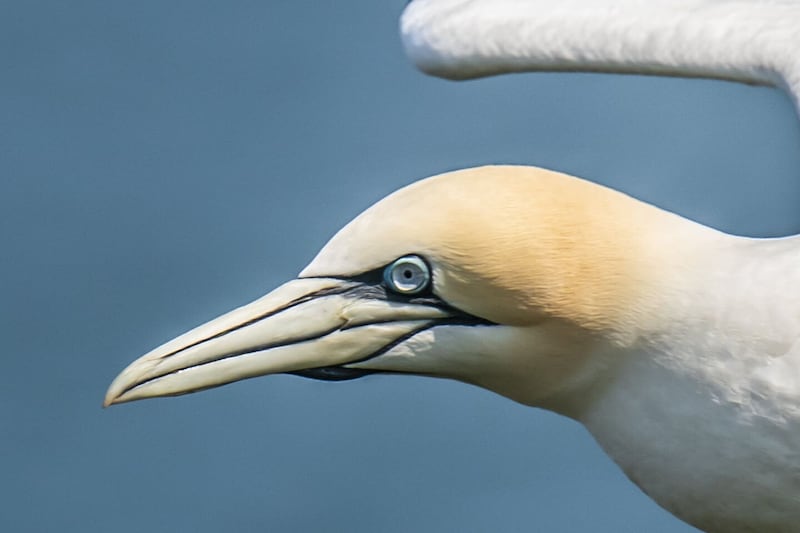A strain of bird flu has been detected in a wild swan found in County Derry near Lough Beg.
The swan was reported to the Department of Agriculture by a member of the public and was submitted for testing at the Agri-Food and Biosciences Institute where it was found to have H5N8 avian influenza.
The highly contagious H5N8 subtype can cause serious disease in poultry and other birds, no human infections with the virus have been reported worldwide.
The risk to humans has been rated as very low.
This finding follows the extension of a Prevention Zone in Northern Ireland until 16 March 2017 which requires all keepers of poultry and other captive birds to keep their birds indoors, or take appropriate steps to keep them separate and protect them from wild birds
Robert Huey, chief veterinary officer, said: “This finding is not unexpected and follows calls for bird keepers to be more vigilant for signs of the disease. It is possible that more cases will be confirmed…
“Even when birds are housed there is still a risk of infection and biosecurity should not be compromised. Clothing and equipment should be disinfected, the movement of poultry should be reduced and contact between poultry and wild birds should be minimised.”
Mr Huey added: “Expert advice remains that consumers should not be concerned about eating eggs or poultry and the threat to public health from the virus is very low.”
The H5N8 bird flu virus has been spreading across Europe since late last year, leading to the large-scale slaughter of poultry in several countries, while other bird flu strains lead to some human deaths in China.
H5N8, the current strain of animal influenza affecting birds in the UK, isn’t to be confused with the separate strain, H5N1, which caused huge poultry losses in 2007 and 2008. It isn’t related to H1NI, the swine flu strain that caused the most recent human pandemic in 2009, either.
Ulster Farmers’ Union poultry Chairman, Tom Forgrave urged poultry keepers to ensure they are prepared to deal with the threat of bird flu.
“Whether your poultry flock is large or small, please ensure that all biosecurity measures are in place and are as robust as possible to protect the health of the flock, “ he said.
“Given the spread of the disease in wild birds, flock owners must continue to comply with the Avian Influenza Prevention Zone, which requires that all poultry and captive birds in Northern Ireland be kept indoors, or otherwise kept separate from wild birds,” he said.
“Poultry keepers, especially those within poultry production, are well-briefed on biosecurity measures and good practice regarding the threat of HPAI but given the continued spread of this disease in the wild bird population, vigilance must be heightened.”







